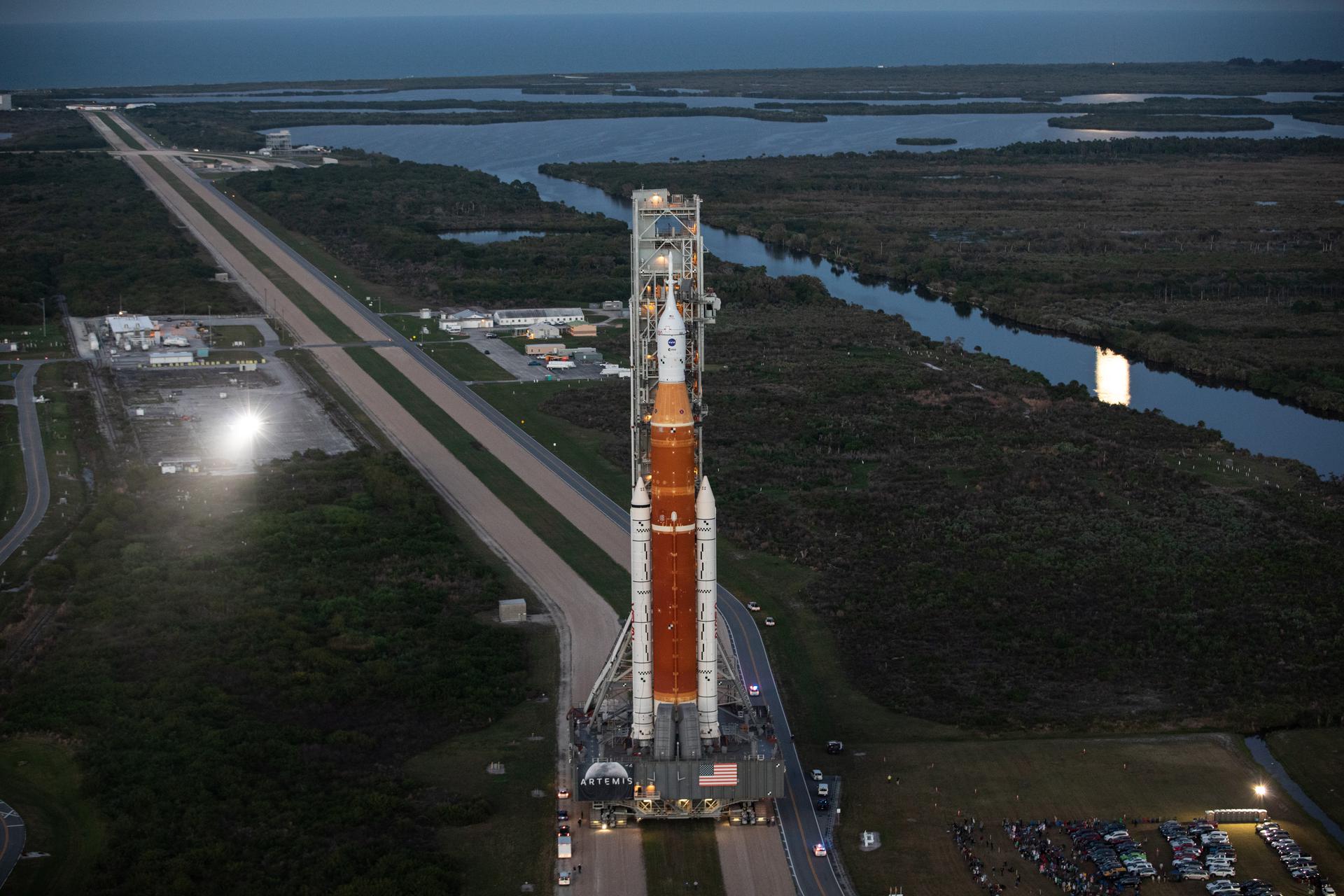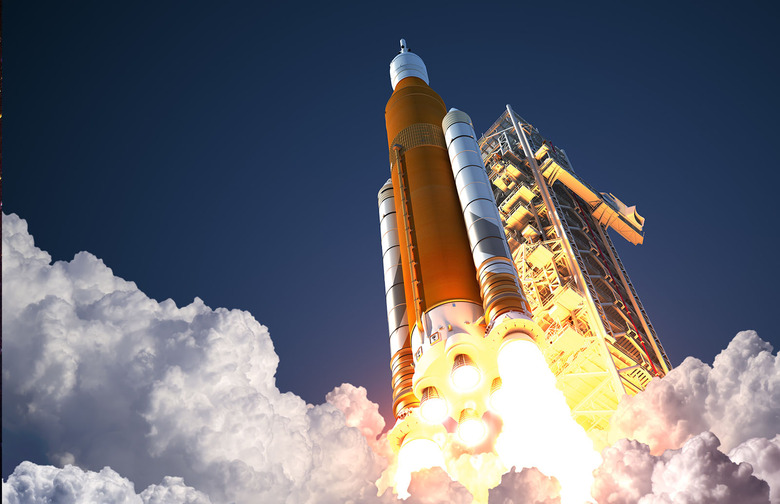NASA's Atremis I Rocket Is Running Out Of Time
After multiple delays, the launch of NASA's Artemis I rocket is looming on the horizon. But, if the rocket does see another delay, it could put the booster at great risk of running out of time. That's because the expiration dates on certain components of the Artemis I boosters are coming up in December.
One of the parts will have its expiration hit on December 9. As if that wasn't bad enough, though, a second component will see its expiration date hit on the 14th of that same month, according to reports from Space.com. But why exactly do the components on Artemis I have an expiration date?
Well, it all comes down to the analysis that the team has to run on the different components that determine whether the rocket is up to the correct environment codes, among other things. NASA officials say that they have revisit dates set up for many of the components, but that revisits don't guarantee the items will be approved beyond Artemis I's original expiration dates.

Suffice it to say, this could throw some serious kinks into NASA's plans to launch Artemis I and kick off a new era of space exploration. The Artemis I mission was originally meant to kick off months ago at this point. If it suffers yet another delay, we could see the Artemis I's expiration dates kicking NASA down even more.
Obviously, this isn't a great way to start things off for a new era of rocket boosters. Hopefully, NASA is able to get Artemis I off the ground during its next planned launch window of November 16 before the expiration date comes. If not, then it could be even longer before we get to see the Orion Capsule in action.
If the Artemis I parts were to hit their expiration date and need to be replaced, that would obviously slow down other plans, too. NASA has a lot of big plans that rely on this booster mission proving successful, too, including a manned mission to Mars set for the 2030s.
